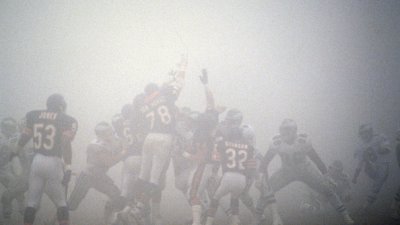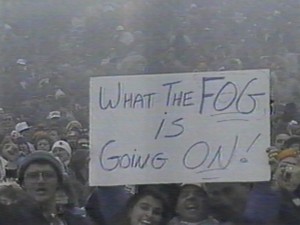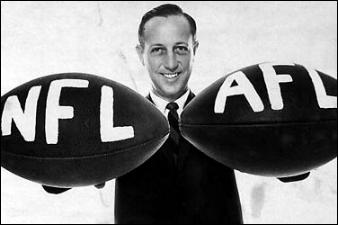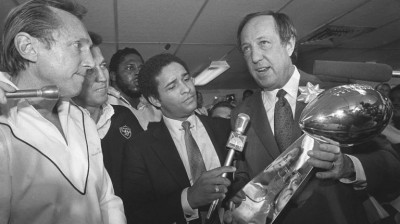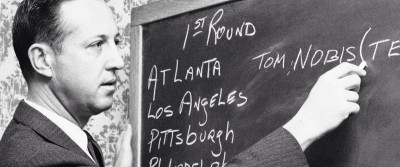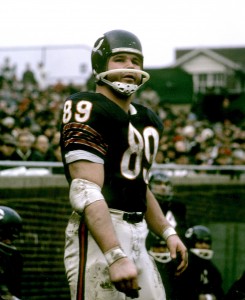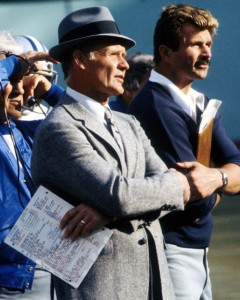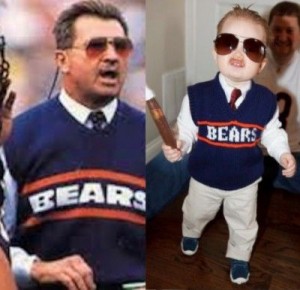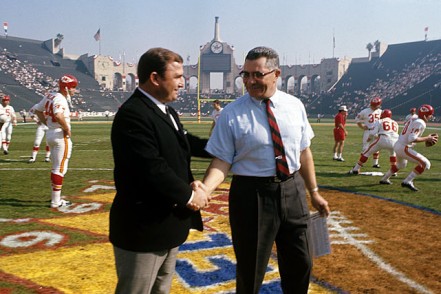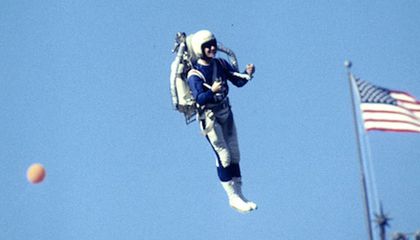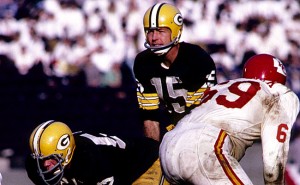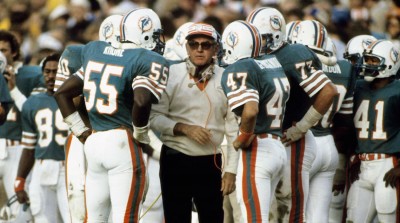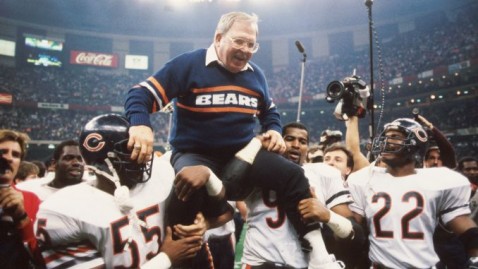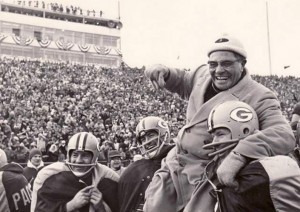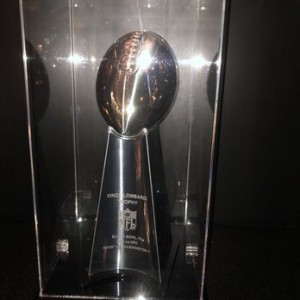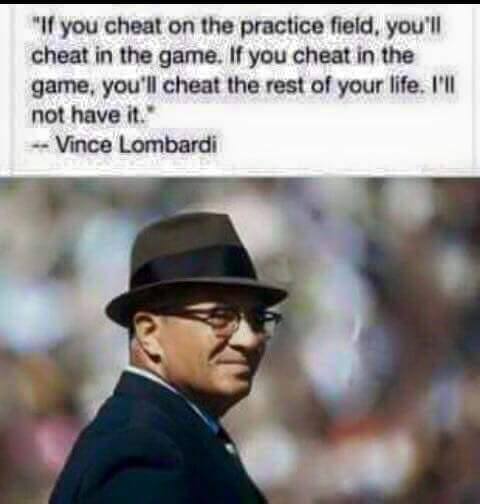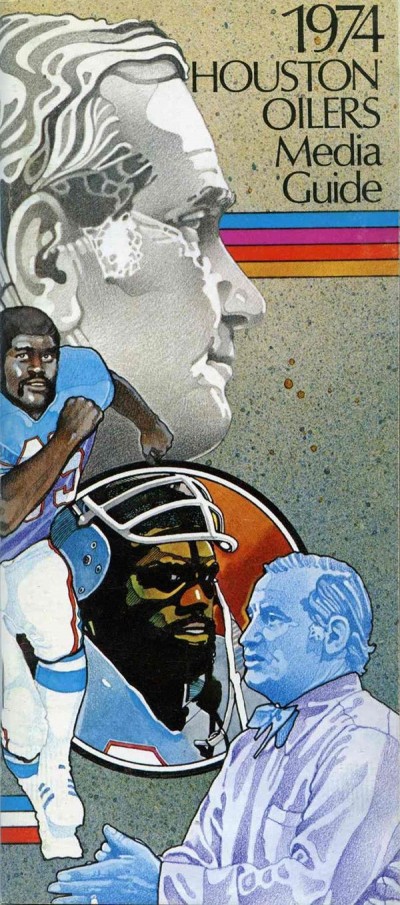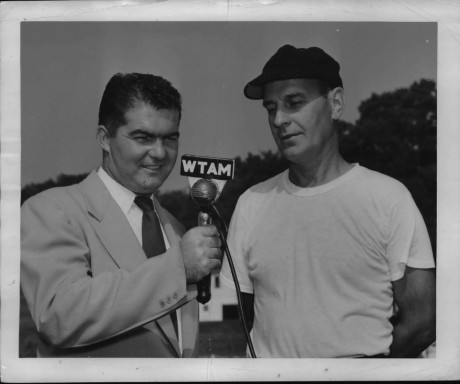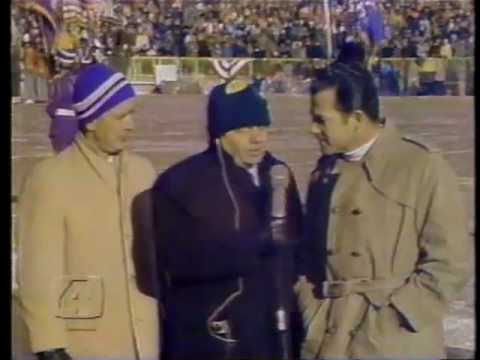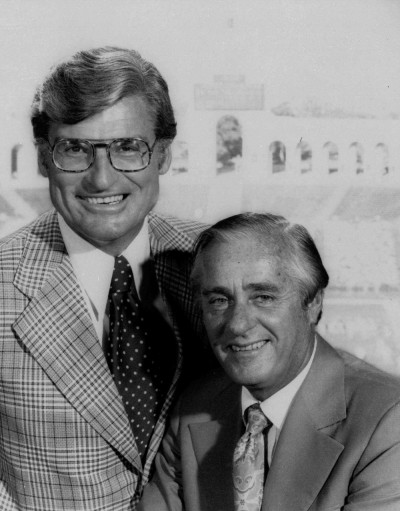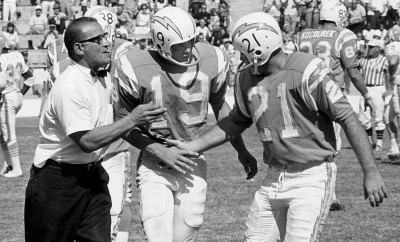In an earlier post celebrating the NFL’s 100th Anniversary, we featured the quarterbacks who helped grow the fledgling American Football League into an entity on par with the NFL that led to the merger of the two leagues. Most of those QBs, who kept the AFL afloat throughout the 1960s, were players who were shunned by NFL teams at some point. They flourished when given an opportunity and proved they belonged on the same field as the supposedly superior NFL signal callers. This week’s NFL 100 post will take a look back at the quarterbacks who starred in the established NFL in that same era of the ’60s. Surprisingly, the most successful field generals of that decade in the NFL traveled similar paths to stardom as the guys who toiled in the AFL. Green Bay’s Bart Starr for example, who won 5 championships in the ’60s and was MVP of the first 2 Super Bowls, began his NFL career as a little known 17th round draft choice of the Packers in 1956. He languished there as a backup until Vince Lombardi arrived as head coach in 1959. Under Lombardi’s tutelage Starr developed into the Hall of Famer he became. Known as perhaps the greatest passer of the decade and easily an equal of Starr was John Unitas of the Baltimore Colts. He was a ninth round pick of the Pittsburgh Steelers in 1955 but didn’t make the team out of training camp. He worked in construction and played semi-pro ball in the steel city that year. In 1956 one of his semi-pro teammates was invited to try out for the Colts and Unitas joined him. They had no idea at the time, but the Colts had stumbled upon a player who would go on to lead them to 3 NFL titles, win 3 league MVP awards and be elected to the Pro Football Hall of Fame. There were a number of quarterbacks during the decade who fashioned successful careers with their teams but failed to deliver when it came to winning championships. Y.A. Tittle, who started in the 1950s guiding a high-powered offense in San Francisco and had even greater success after being traded to the New York Giants, is the best example. He was a Pro Bowler in 3 of his 4 seasons with the Giants and won NFL MVP in 1963. He also guided New York to the NFL championship game his first 3 seasons there, but lost in all 3 attempts to win the ultimate prize. Fran Tarkenton is another player who had an amazing career, but never reached the top of the mountain. He played for both the Giants and Minnesota Vikings in the ’60s and established himself as a future Hall of Famer, well into the 1970s in fact. Unfortunately, the Viking teams he played on were expansion outfits and his Giant tenure was when the iconic franchise was suffering through one of it’s worst periods.
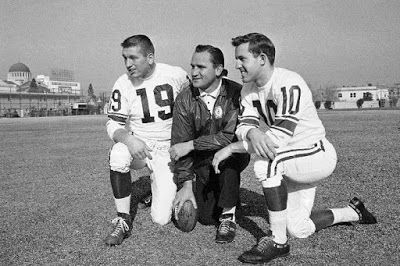
Unitas, Tarkenton with coach Shula at the Pro Bowl
Out west, a pair of gladiators led their teams for most of the decade and were competitive but never reached the ultimate goal. San Francisco’s John Brodie and Roman Gabriel of the Los Angeles Rams are both borderline Hall of Famers but as of today haven’t been given that honor, despite having Hall-worthy credentials. A couple of underrated QBs of the era are Don Meredith of Dallas and Charley Johnson of the old St. Louis Cardinals. Meredith took over the Cowboys’ reins from Eddie LeBaron in 1962 and guided the franchise through most of the rest of the decade, reaching NFL title games in consecutive years in the mid-60s. Unfortunately, his Cowboy teams suffered the same fate as many other squads of the era, losing both times to Lombardi’s Packers. Johnson served 2 years of active duty in the Army while playing for the Cardinals but still remained their signal caller for almost the entire decade. There was a lot of musical chairs among the quarterbacks of the 1960s NFL also, as teams looked for the right winning combination. The Chicago Bears and Cleveland Browns found the right answers when they turned to former Ram backups. Bill Wade for the Bears in ’63 and Frank Ryan for the ’64 Browns delivered titles for those franchises. Sonny Jurgensen and Norm Snead were traded for each other after the 1963 season. After quarterbacking the Eagles for 7 years Jurgensen went on to play 10 more for the Washington Redskins and although he never got his team close to the playoffs, he earned Hall of Fame recognition. Snead finished out the decade with the Eagles but never got them anywhere either, and wound up as a journeyman QB with 3 other teams into the mid-’70s. When the Browns turned to Ryan as their starter in the early 1960s, Detroit acquired Cleveland’s old starter, Milt Plum, to lead their team for most of the rest of the decade. He had some success there but the Lions always wound up playing second fiddle to the Packers in the Western Division. The Pittsburgh Steelers were a mess in the 1960s. They started the decade trying to squeeze some life out of Bobby Layne, who had led Detroit to NFL titles in the 1950s but was playing out the string in Pittsburgh. They followed up the Layne era with names like Rudy Bukich, Ed Brown, Ron Smith, Bill Nelsen, George Izo, Kent Nix and Dick Shiner. Nelsen would have relative success in the NFL but only after being traded from the Steelers to Cleveland, where he finished out the decade upon the retirement of Ryan. Overall, the 1960s delivered similar results to the AFL as far as quarterback play was concerned. A few Hall of Famers, a couple of borderline HOFers, some backups who got opportunities and made the most of them, and a lot of journeymen keeping their careers afloat with different franchises.
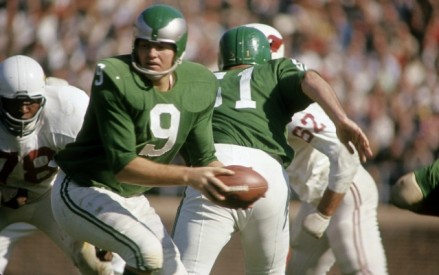
Sonny Jurgensen (9) in his early Eagle days
